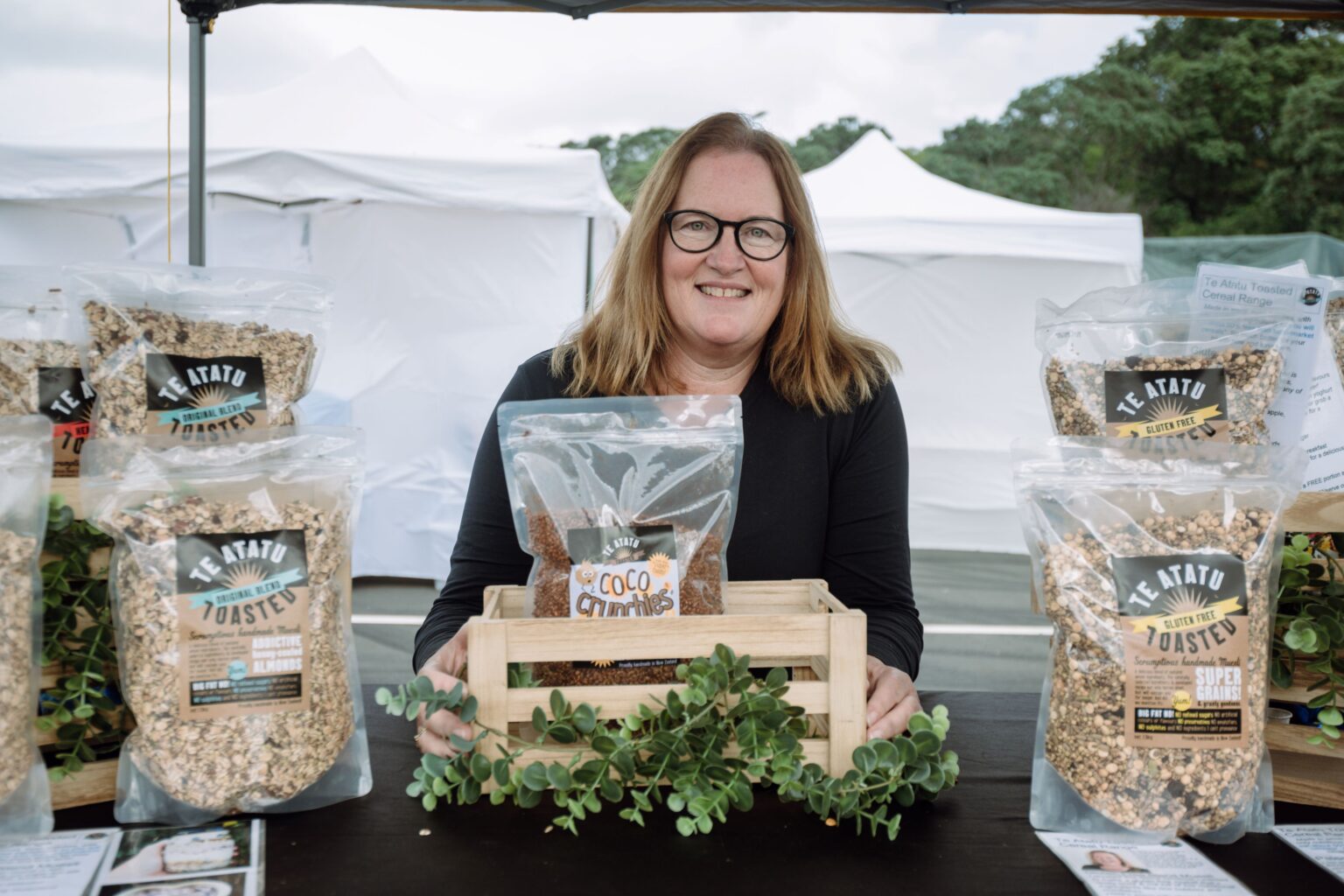2020 has brought unimaginable challenges for retail businesses. Three owners share how they've gotten back on their feet and ensured their businesses are well-positioned for the future.
At a glance
Here's a snapshot of the advice from our interviewees:
- Get the right ecommerce technology on board to make life easier.
- Try not to rely solely on big tech sites for online retail sales.
- Work with other businesses in your supply chain for mutual gains.
- Factor in shipping costs to ensure your profit margins remain healthy.
Have some independence online
Warwick Jordan is the owner of Hard to Find Books, with stores in Dunedin and Auckland. He stayed afloat when lockdown moved into stage three lockdowns by encouraging his loyal customer base to support them online.
“We found many people were going out of their way to ‘buy local’ and support independent businesses,” he says.
While listing on marketplaces run by global tech companies is often unavoidable, Jordan says small retailers should try to build their own ecommerce-enabled websites. This way, he says, you can have more autonomy.
“The big trick with going online is to not become reliant on third-party sellers or you’ll find you’re just working for them on very thin margins,” he says. “It could mean fewer sales, but independence will deliver better returns.”
When running your own site, you need to make sure your SEO game is strong, says Jordan.
His tips for better search optimisation include listing your business in relevant directories online, asking for affiliate links from other businesses you work with and ‘cleaning up’ your website by getting rid of broken links and writing good meta descriptions for each page.
Shipping is also an important thing to get right when moving to online retail.
“If you don’t charge true costs then you will struggle to be viable,” he says.
Technology is your friend
Neville Findlay, co-founder of fashion retailer Zambesi, found success in a technology platform that allowed him to juggle both the ecommerce side of his business (which was helpful during lockdown) and his in-house retail operations (which will serve him well for the future).
“At the start of the pandemic, we rolled out our new point-of-sale (POS) software, Vend, to manage store operations, including an integration with a new ecommerce platform,” he says.
Through Vend, Findlay was able to set up an emergency ecommerce initiative to reach new and existing online customers from the start of lockdown. Investing in technology that allowed him to quickly jump online gave him a limited but vital cash stream when his physical stores were forced to close.
“This digital adoption has proved to be an essential and very timely, lifeline on which we’ve relied upon heavily. Serving customers and providing great experiences and products starts behind the scenes and this has helped strengthen the foundation on which our business operates, even while the stores were closed.”
Work with others for mutual success
Amanda Basher, founder of distribution agency Boutique Beauty Brands, said lockdown resulted in a 75% drop in revenue overnight.
Her team began working with third-party businesses who stock their brands to ensure their ecommerce platforms were up and running, so everyone could increase revenue.
“We worked with those who didn’t have an ecommerce platform and provided a step-by-step guide on how this could be built via different platforms such as Shopify and Wix,” she says.
“We also provided details for local web development companies should they need extra support.”
Basher says she also had to be uncompromising in what she expected from her transport suppliers.
“While all courier companies struggled to keep up with demand during the transition from level 4 to level 3, our existing provider took twice as long to deliver compared to others,” she says. “As a result, we made the decision to switch to a new courier service provider.”
Lean on others
Basher had to make some personal changes in order to keep afloat during the pandemic.
“My business partner is also my mentor and having him onboard during this time has been invaluable,” she says. “Our mantra became ‘a problem shared, a problem halved’.”
If you’re not as lucky to have a mentor in-house, organisations such as Business Mentors NZ can help put you in touch with one.
Preparing for what’s next
With 2021 firmly in sight, Findlay’s primary focus will be the survival and consolidation of Zambesi’s existing operations, which consists of four retail stores in Auckland, as well as overseas stockists. He says that making a strategic investment in ecommerce tech will play a foundational role in making this happen.
“Once we’ve achieved that, we will re-focus our efforts towards the growth of our online presence and two flagship stores,” he says.
Basher is future-proofing by acquiring B2C-focused brands in the beauty industry.
“The purpose of this is to be able to service the market directly should we go into lockdown again. These brands performed exceptionally well internationally during the first lockdown and are DIY focused, a rising trend that we’re continuing to capture,” she says.
Talk to Prospa about whether a small business loan could be the funding boost your business needs to beat 2020.




